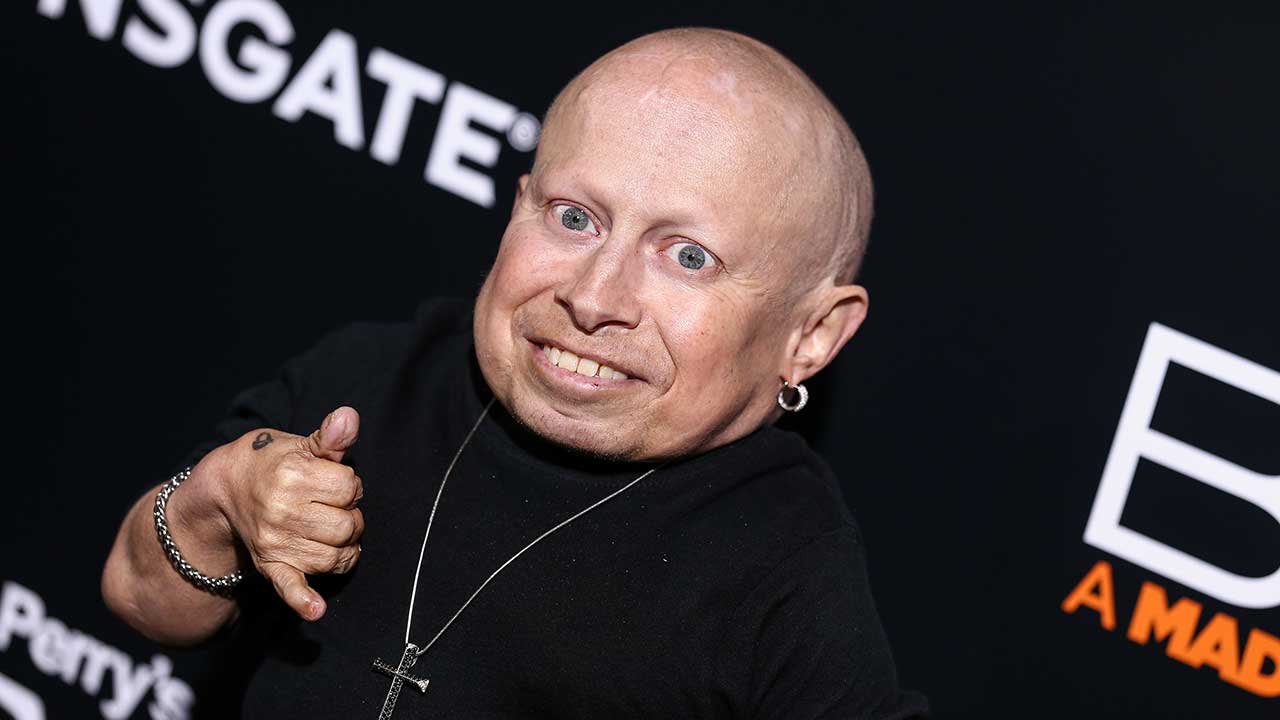Microsoft co-founder Paul Allen leaves Bay Area legacy

SAN FRANCISCO (KGO) -- The co-founder of Microsoft, Paul Allen, died Monday just weeks after announcing his cancer had returned. The tech pioneer made his fortune establishing the personal computer, but spent the rest of his life devoted to philanthropic work.
From co-founding Microsoft to owning pro-sports teams Paul Allen was a picture of business success. He and childhood friend Bill Gates revolutionized personal computing in the late 1970's.
Gates released the following statement. "I am heartbroken by the passing of one of my oldest and dearest friends, Paul Allen. From our early days together at Lakeside School, through our partnership in the creation of Microsoft, to some of our joint philanthropic projects over the years, Paul was a true partner and dear friend. Personal computing would not have existed without him. But Paul wasn't content with starting one company. He channeled his intellect and compassion into a second act focused on improving people's lives and strengthening communities in Seattle and around the world. He was fond of saying, 'If it has the potential to do good, then we should do it.' That's the kind of person he was. Paul loved life and those around him, and we all cherished him in return. He deserved much more time, but his contributions to the world of technology and philanthropy will live on for generations to come. I will miss him tremendously."
Allen left Microsoft in '82 for his first battle with cancer. He retained company shares, ultimately making him a billionaire. From there his work turned philanthropic.
"He founded research institutes studying neuroscience, biology, you know things like that," said Seth Shostak, SETI Institute Senior Astronomer.
He even invested $35 to $40 million in Mountain View's SETI Institute.
"Paul is like a lot of very intelligent and curious and science minded individuals who have long been fascinated with the question are we alone," said Bill Diamond, President and CEO SETI Institute.
RELATED: Microsoft co-founder Paul Allen dies at 65
The money funded the Allen Telescope Array, a group of radio telescopes in Northern California that search for extraterrestrial intelligence.
Shostak asked Allen why he invested.
"And his response was I'm always interested in the possibility of new exciting discoveries made possible by developments in technology and so that was very insightful of him to see that the developments of computers, primarily computers, made the modern day search for ET possible," said Shostak.
The work of Vulcan Capital Allen's investment firm in Seattle and Palo Alto can be seen here on earth. The firm helped fund Redfin, Spotify, Netflix, and Uber to name a few a companies.
Vulcan Inc's statement on Paul Allen is available here.
"It was one of the great joys of working with Paul is that breadth and diversity of how many things he wanted to have an impact on and how big he thought about impact," said Bill Hilf, Vulcan, Inc. CEO.
In early October Allen announced the non-Hodgkin lymphoma he'd been diagnosed with in 2009 had returned, but he remained hopeful about his treatments. His death nearly two weeks later at the age of 65 came as a surprise to many in the fields he influenced. Vulcan Capital will continue investing in Allen's areas of interest.
PHOTOS: Celebrities and notable figures who have recently passed away



































































































































